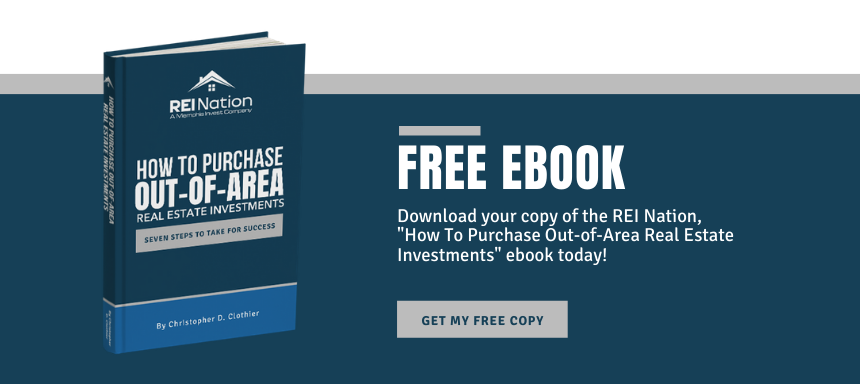
It's safe to say that most real estate investors are in the business to make money and many are actually planning for an event. That requires planning and saving for that special something. In many cases, that something is retirement.
Investing in real estate is one of the best, proven ways to generate positive cash flow for retirement — whether saving up in tandem with a career or looking for passive income well into your Golden Years.
Either way, investors looking to fund their retirement would do well to not only devote time and attention to their investment plans — but retirement plans as well.
Financial Cornerstones of a Solid Retirement Plan
Set a goal.
How much money do you need for retirement? No one can really know. After all, no one knows how long they have left (this got morbid quickly). Still, most advisors suggest a replacement ratio for your income — generally 70%. You may want to plan for more and maximize your retirement funds. Your needs and desires may change down the line. Having a solid number goal, however, will put you on the right track for retirement planning.
Plan for eliminating debt.
Nothing puts a damper on retirement quite like outstanding debts. Whether they’re lingering mortgages, car payments or other loans, make a plan for paying them off and, if they last into your retirement, plan accordingly. The last thing anyone wants is to make it to retirement with debt they can’t pay.
Know your tax strategy.
More likely than not, you’re going to end up paying taxes on your retirement savings when you tap into them. There are pre and post-tax contributions to consider. Post-tax contributions will save you in the long run, as you only pay on your current contributions. Waiting too late means higher taxes plus interest. By the same token, know the differences in IRAs versus 401(k)s and refresh yourself on any and all retirement plans you’ve accumulated over the years.
Avoid the extremes.
Everyone wants to live it up in retirement. Certainly no one wants to be stuck with a tight budget. To maximize retirement finances, however, it’s best to do everything in moderation. Take that vacation. Go on the cruise. But don’t make luxury your go-to. For comprehensive retirement planning, you should anticipate unexpected financial costs — health issues, emergency costs and so on. Plan for a buffer so that you can live comfortably and handle unexpected events without having to stress over the financial ramifications.
At the end of the day, the best retirement plans start with a healthy, honest self-examination of your goals and your finances. The more clearly defined these are and the earlier start, the better prepared you’ll be for retirement.
What’s your best strategy for planning for retirement? Share your insight in the comments.
image credit: www.tradingacademy.com












